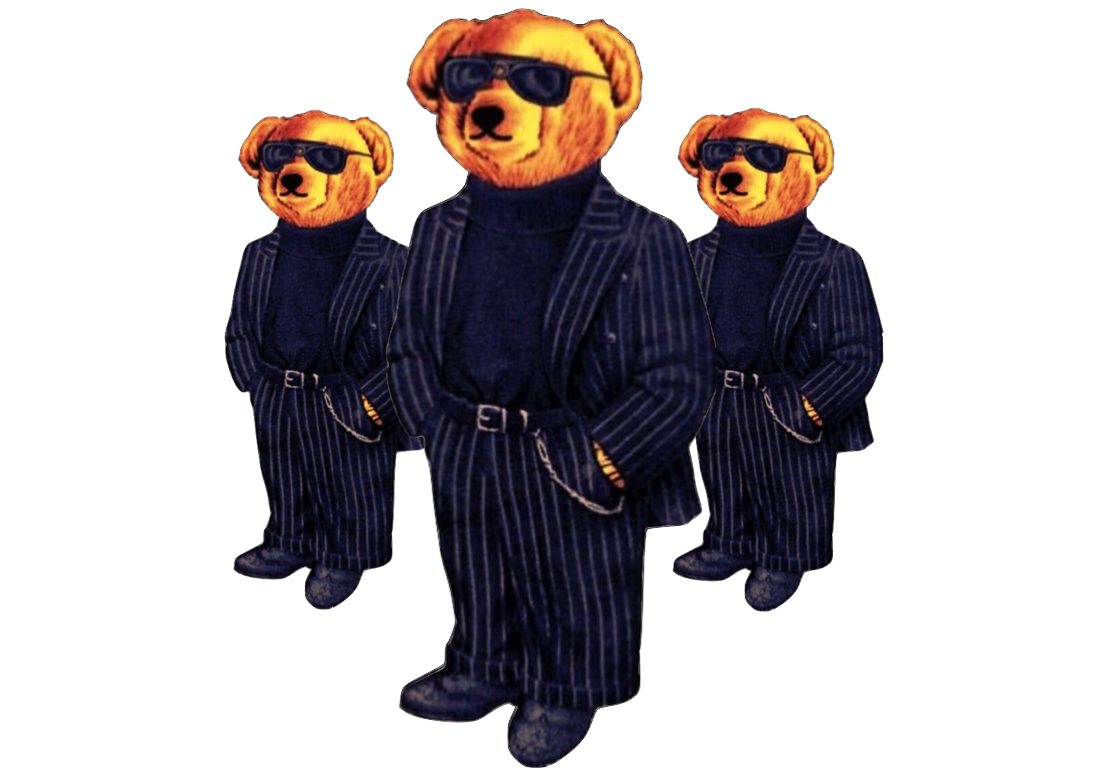
It is said that business poisons friendships, but it’s not true— Business relationships are an ideal form of friendship, and a corporate entity can form the most cohesive and highly-evolved group dynamics possible. Ongoing, mutually productive business dealings demand personal virtue more than a typical friendship.
Business is a zone of consequence, accountability, and competition; in such an environment virtues are blast-tested constantly. When money enters a friendship and things go sour, the true machinery at play is that scarcities of virtue are revealed. Greed poisons friendships, as does untrustworthiness or envy— it is only the introduction of money which has made these qualities material.
A shrewd businessman searches for the same qualities in an associate as every person should look for in a friend. Many people have no problem maintaining a friendship with someone of loserish character, because they don’t rely on them for their livelihood.
So, the premium on personal virtue increases with the level of consequence. In competitive spheres with no means of recourse to a higher body, there is no insulation from consequence, and a market for virtue is born. Cosmopolites will wonder how the Russian empire grew by 50 miles a day for 300 years without an intermediary institution between the masses and the monarch— well, a healthy culture of underground terrorist extremism flourished, and rulers who made too many mistakes were not granted the mercy of being voted out. Creating a platform and a market for appeals and excuses is likely to spawn a lot of both.
Cutthroat, competitive, unregulated environments tribalize people, which is often wrongly conceived as a process of disconnection— it’s not. People are disconnected by default, and tribalization only brings them closer. An outgroup and an ingroup mutually manifest each other in their opposition, like darkness and light— each exists precisely to the extent that the other does. In an environment where an individual can afford to pay betrayals no mind, the value of loyalty is depreciated. Where there are no consequences to breaches of trust, there is no market for trustworthiness.
Virtues like trustworthiness or loyalty are revealed by situations that demand them, and so domains of direct consequence and accountability produce an ideal form of camaraderie . This makes a mafia the mythically heightened form of a business, where stakes are existential and mechanisms for recourse are truly absent, even hostile.
In unregulated business sectors camaraderie is high, as is productivity— a function of the supremely fruitful relationships formed between virtuous men. If the ultimate font of abundance is the wild west, then the ultimate businessman is a cowboy. In the historical wild west of the American frontier the cowboy arose as a romantic hero, spun into a scrappier, Byronic form suited to New World capital— the The American Chevalier. The American Samurai.